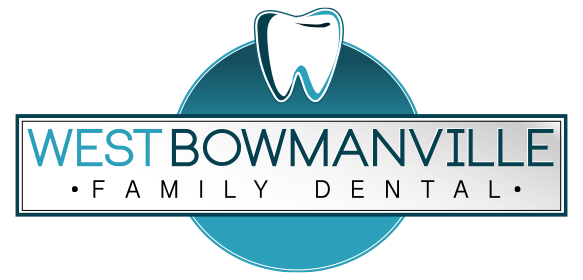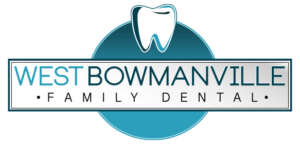You need a certain amount of healthy saliva and adults typically produce between 0.75 and 1 L of saliva every day. However, with hypersalivation your saliva glands produce an excess amount of saliva which can even begin to spill out of your mouth, causing you to drool.
Hypersalivation can be a sign of an underlying condition in older children and adults, and it can be temporary or chronic. This depends on the cause, as if you have a dental infection in Newcastle, your mouth might produce more saliva to help flush away the bacteria. Once the infection is treated, hypersalivation will usually naturally resolve. When hypersalivation is constant, it can be related to an underlying health condition affecting muscle control.
What Causes Temporary Hypersalivation?
Temporary hypersalivation can be caused by untreated tooth decay or a mouth or tooth infection, gastro-oesophageal reflux (GERD. It could be a side-effect of certain tranquillizers and anticonvulsants drugs, or because of exposure to toxins. Hypersalivation can be caused by dentures that fit poorly, or if you have ulcers or other signs of inflammation in your mouth. Sometimes temporary hypersalivation is caused by pregnancy and women typically see a decrease in the symptoms after childbirth.
What Causes Constant Hypersalivation?
Constant hypersalivation can be due to health problems affecting muscle control and where you are less able to swallow properly, causing saliva to build up. Oral health issues that can cause this problem include malocclusion or a bad bite, or an enlarged tongue. It can be due to serious health conditions like Parkinson’s disease, ALS or stroke. When a chronic condition causes hypersalivation, managing the symptom is crucial and especially if it affects your ability to swallow food and drink without choking or your ability to speak clearly. People with hypersalivation are more at risk of inhaling saliva and food or fluids into their lungs which can potentially cause aspiration pneumonia.
What Are the Symptoms of Hypersalivation?
People with hypersalivation will often need to swallow excessively to try to avoid drooling. Other symptoms include chapped lips and skin infections around the mouth caused by drooling, bad breath, having a poor sense of taste and dehydration. If you have symptoms of hypersalivation, you will probably need to see your GP initially in case you have a serious medical condition requiring treatment, but if your doctor suspects a dental problem, they will refer you to your dentist.
How Can a Dentist Help with Hypersalivation?
If it’s suspected that a dental problem is causing your symptoms, our dentist at West Bowmanville Family Dental can assist you.
We can gently examine your mouth to see if you have a tooth cavity or an infected tooth, and we will look for other signs of oral problems such as gum inflammation or bleeding, and bad breath. Frequently, a cavity is easily treated by placing a filling or another restoration such as a dental crown, and if a tooth is severely infected, we may suggest root canal therapy in Clarington.
Ill-fitting dentures can be relined or remade, so they fit more comfortably, or you may wish to consider implant-retained dentures. With implant-retained dentures, the dentures clip onto implants in the jawbone, ensuring they are held firmly in place.
Gum inflammation can be a symptom of gum disease in Courtice, and which is caused by a bacterial infection. There are many treatments available for gum disease depending on the degree of its severity. One thing that can often be helpful is to improve oral hygiene, and our hygienist can clean your teeth professionally and talk to you about ways to improve your oral care routine at home.

